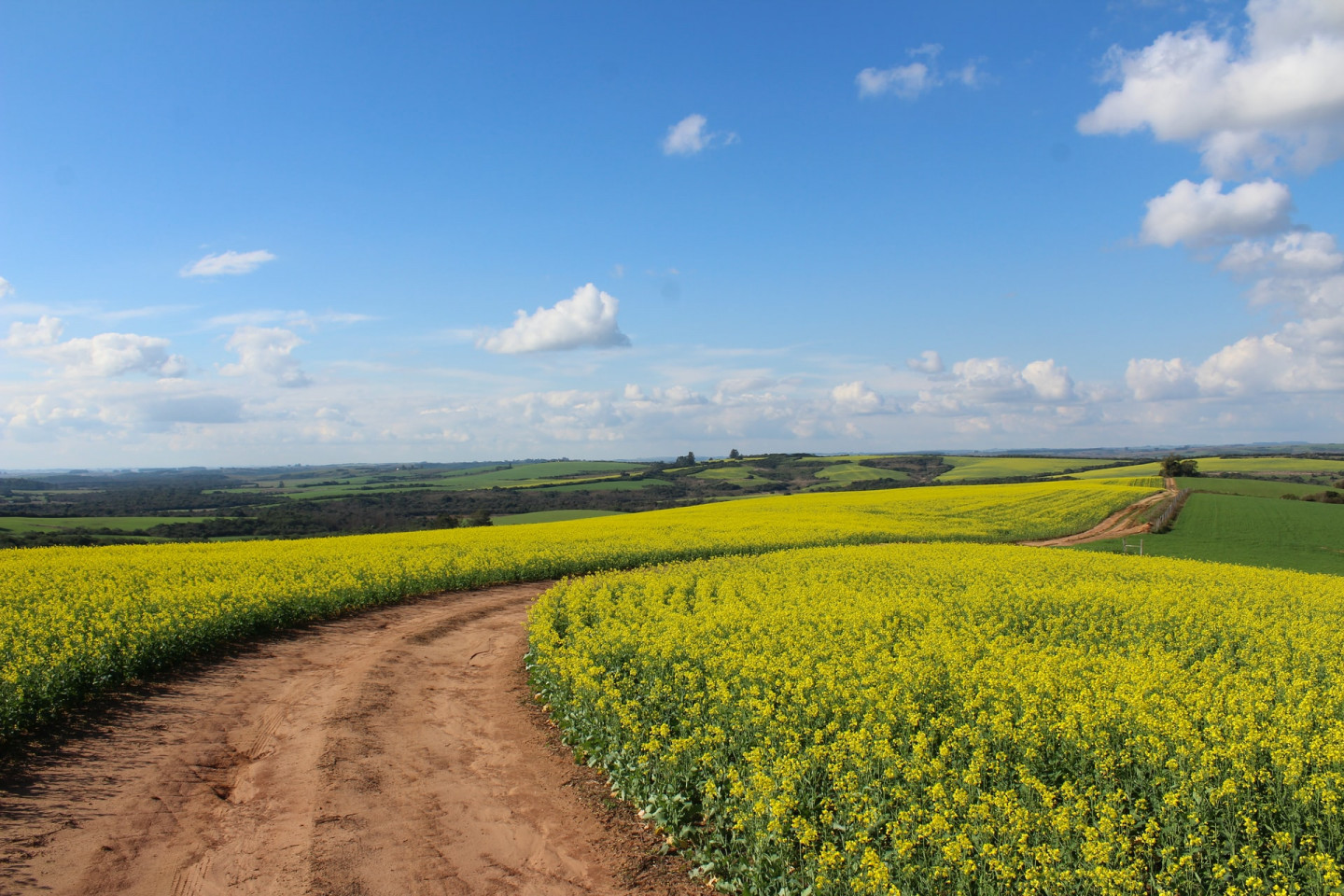
Brain injury and Health in Rural Communities
I love the countryside. It’s where I grew up. Wide open green spaces, fresh air, communities of people who live in a way that brings them close to the land.
However, if you suffer a brain injury, your home, and a rural life can actually become a hindrance to your recovery.
The challenges
- Being seen in an emergency
In the city, if you experience a brain injury at home, work or elsewhere, an ambulance can be with you in as little as 7 minutes to take you to the nearest hospital. In rural England it could be up to 20 minutes. In more remote areas, the wait could well be more – particularly where satellite navigation systems haven’t recorded all local routes and you are in a place that is difficult to find.
If you suffer a brain injury, once you get to a hospital, you will receive emergency care to ensure you are as stable as possible. This includes getting a CT scan, possibly surgery, and being admitted into hospital for treatment and rehabilitation.
- Recovery after injury
After you are discharged from hospital, this is when the biggest challenges occur.
Your home may not be suitable for your new needs. You may have to change your lifestyle, move house to live with others who can help you on a day-to-day basis, adapt your home environment and you might not be able to sustain the same level of work as you did before your injury. These changes can be hard to manage, on top of adjusting to your different self after injury. Unfortunately, aftercare and support following a brain injury is more sporadic in rural areas.
The nearest hospital or care centre may be some distance away, so care-providers who visit patients in the community tend to travel long distances, reducing the number of patients they can see. One specialist brain injury nurse could be servicing a huge area such as Cumbria. This of course means that the support available to each patient is reduced, compared to other more highly-populated areas.
The government’s funding for NHS care is divided quite evenly across the country however providing the treatment and support in rural England takes more time, energy and resources.
This means that the funding in these areas is spread more thinly. It is therefore not surprising that those who live in rural areas are unlikely to be getting the vital joined-up services they need. This tension between the care needed and limited provision is likely to be the cause of hospitals in rural communities having on average, £27.8 million higher deficits than the rest of the UK.
Brain injury and mental health
Public Health Wales says, ‘geographically isolated farmers have a very solitary job, with complete self-reliance, and often limited opportunities for wider social interaction’ (page 16). One of the consequences of brain injury, depending on severity, is the need for support from others. This sort of significant change of lifestyle for farmers in rural areas, from complete self-reliance to needing regular help from others, is likely to be incredibly difficult to manage.
The European Journal of Public Health says that despite the general position being that living in a rural environment is beneficial, there are “widening health inequalities in rural areas, and some studies report significant social inequalities in health between individuals living in rural areas”.
Without easy access to vital health services and communities, it is possible that such a challenge to your independence may cause feelings of loneliness and low self-worth. The pace of a farming life is a fast one, but you now have to slow down.
Services are available to help, through the NHS and charities. Local initiatives, set up by people who appreciate the particular needs of the farming community are often the best ones to use. For example, the Derek Mead Health Room is a facility in Sedgemoor Livestock Auction Centre in Somerset. It offers drop in facilities on market days, so that farmers can receive nurse-led care in a clinic, for their physical and mental health needs. The Room has been incredibly successful at reaching those who lead isolated lives and work long hours.
Further resources
Meeting the health needs of those in rural communities is already a significant challenge. The provision of specialist brain injury services within this community is much more limited compared to the services you might be able to access if you live in a city. More must be done to provide equality of care for all. We need to ensure that rehabilitation is available and more easily accessible to farming communities.
Here are some organisations and charities that are working to help:
Yellow Wellies – highlights the safety risks involved in farming and offers practical solutions to addressing them.
Headway – promotes understanding of all aspects of brain injury and provides information, support and services to survivors, their families and carers.
Mind – provides advice and support to empower anyone experiencing a mental health problem.
Farming Community Network (FCN) – a charity that supports farmers and families within the farming community through difficult times.
Action with Communities in Rural England (ACRE) – aims to be the voice of rural communities.
National Federation of Young Farmer’s Clubs (NYFYC) – one of the largest rural youth organisations in the UK, offering community support.
Those with brain injuries face extra challenges in rural communities. Without extra resources, there are clear gaps in provision. Some communities are creating innovative new services to help to plug these. For those able to participate, these can be a lifeline to a support network.









